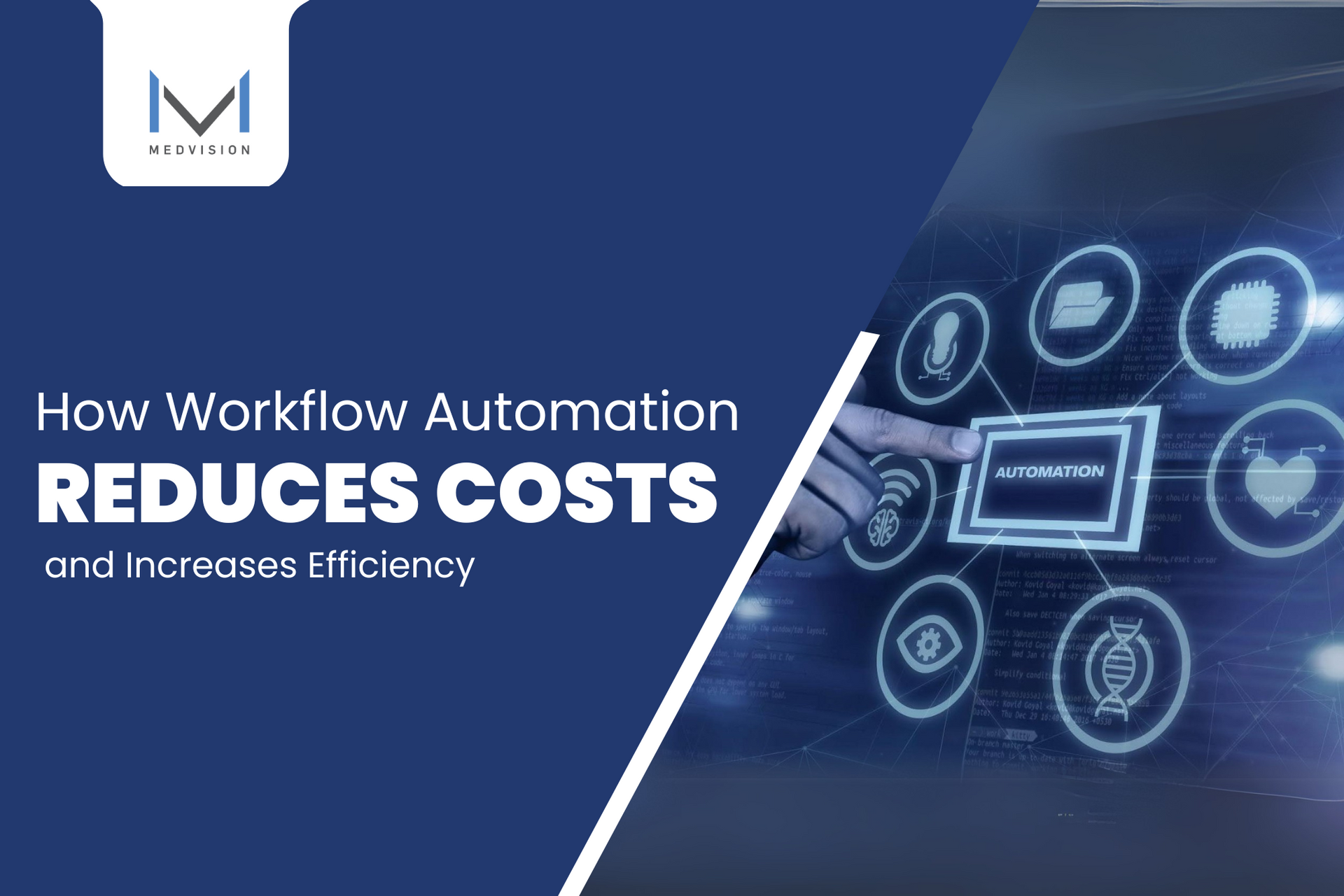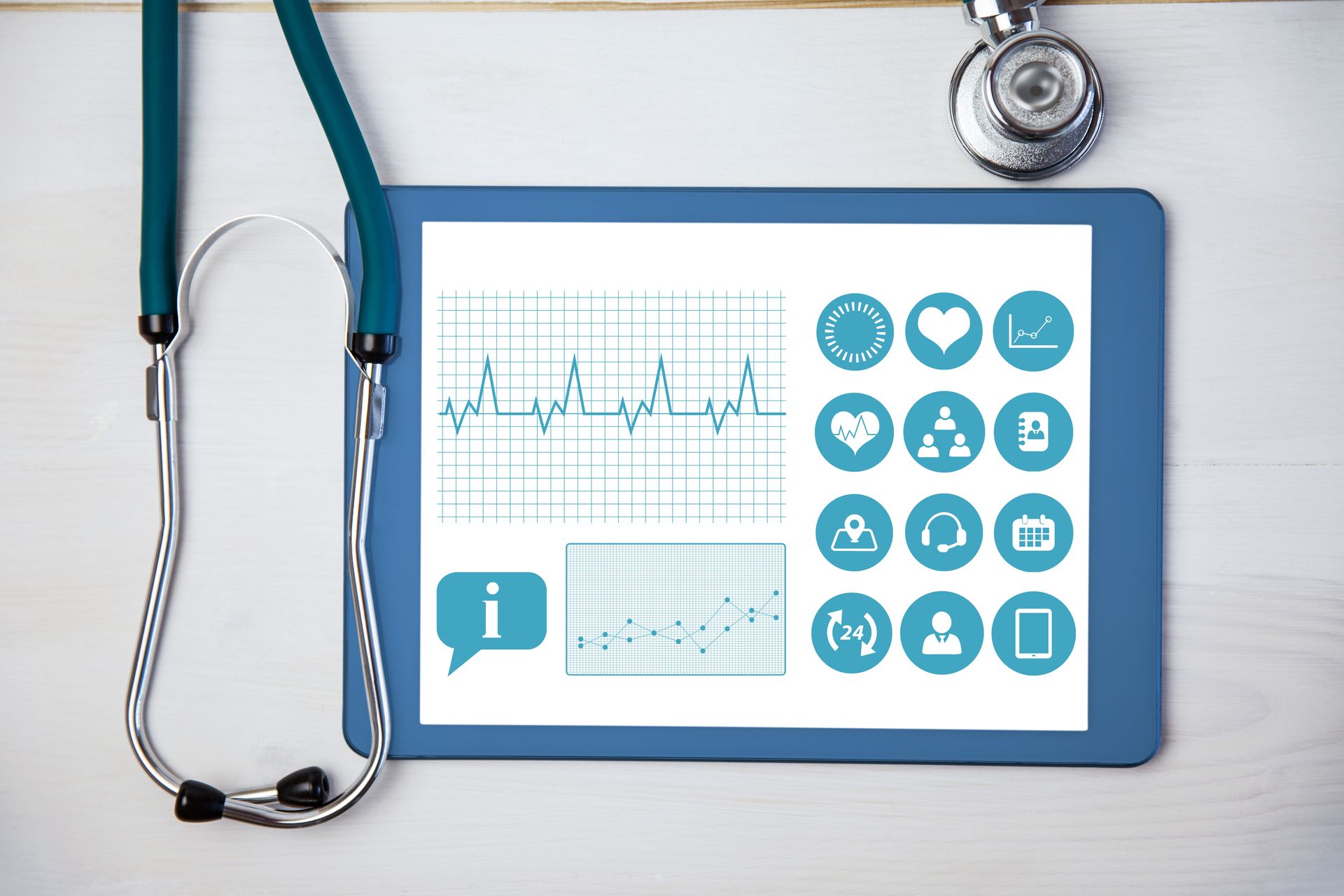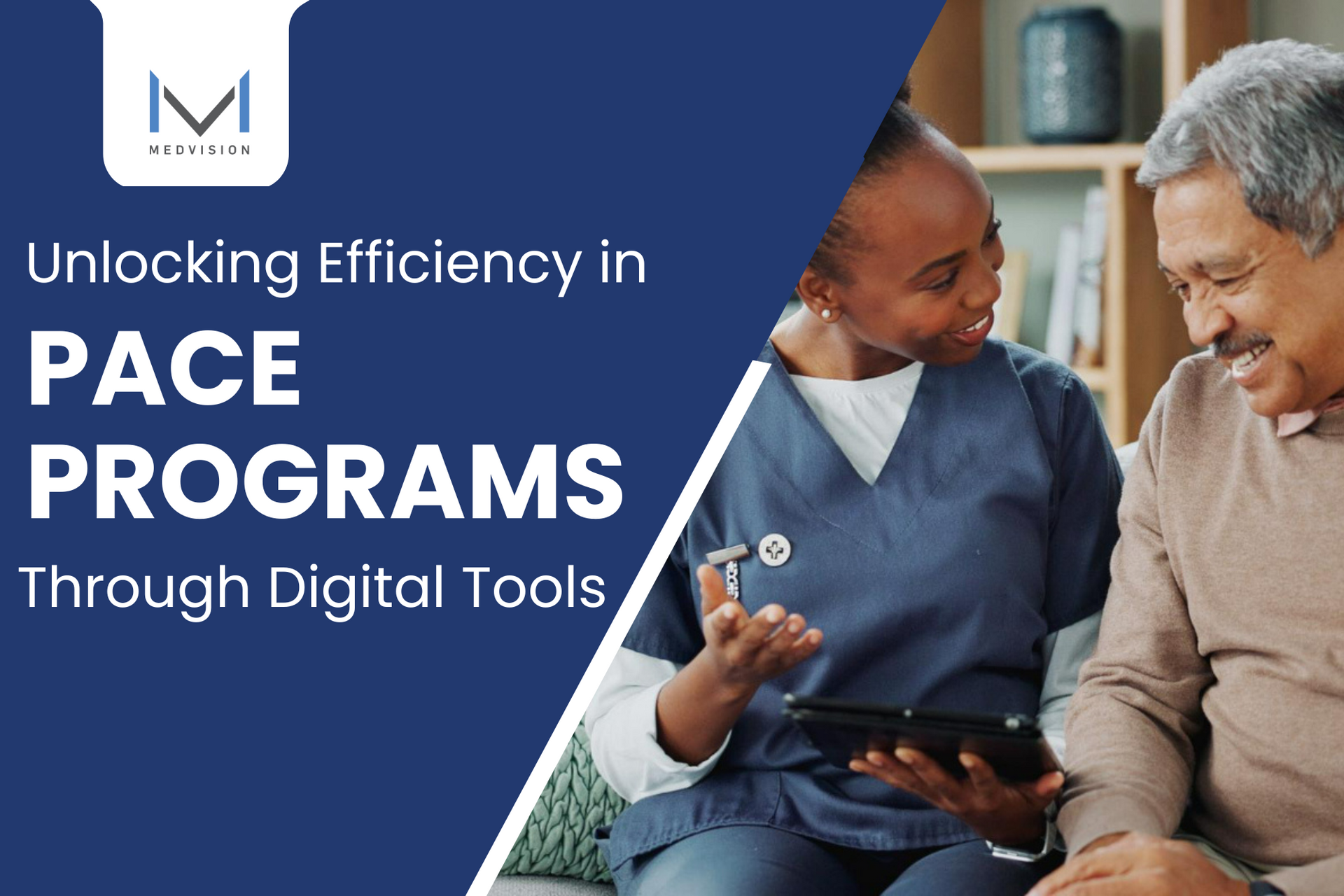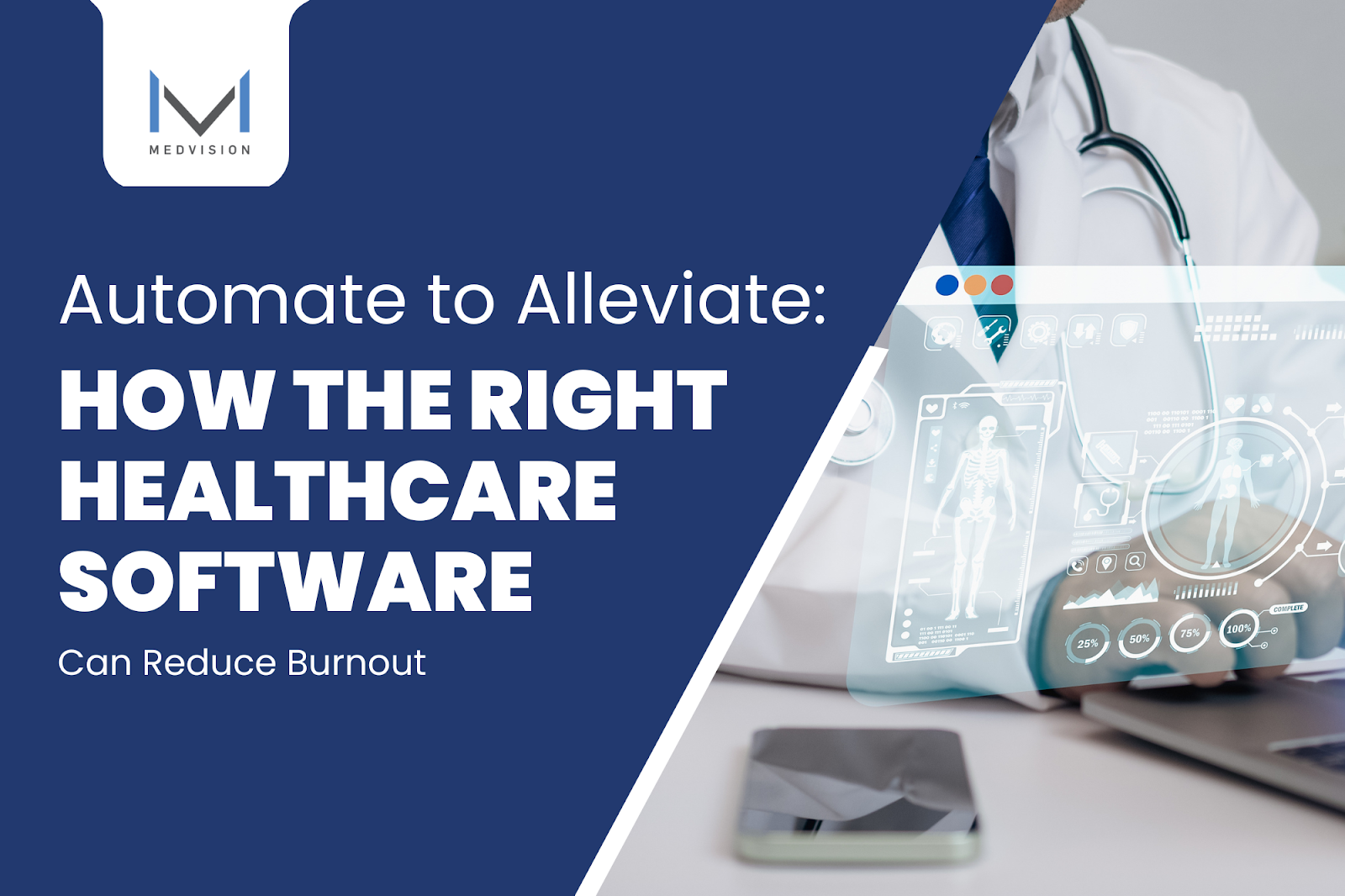How Workflow Automation Reduces Costs and Increases Efficiency

Manual administrative tasks continue to be a major source of inefficiency in healthcare. Even with technologies like AI, telemedicine, and EMR/EHR transforming clinical care, not all providers apply these tools to administrative processes, hindering potential savings and productivity.
With the growing complexity of the healthcare system, manual approaches are becoming more burdensome, less accurate, and more financially draining.
By automating workflows, healthcare providers can relieve themselves from the burden of manual tasks, streamline processes, and see real improvements to their bottom line. This blog looks closer at how workflow management software and automation tools improve healthcare, enhancing efficiency and financial performance.
Get the Best Healthcare Administration Software
with Automation Tools!
What is Workflow Automation in Healthcare?
Automating healthcare workflow refers to using technology to streamline and automate routine administrative and clinical tasks, such as appointment scheduling, patient communications, billing, and claims processing.
By automating these processes, healthcare organizations can reduce manual work, minimize errors, improve efficiency,
reduce cost, and ensure consistent operations. Business automation solutions also enable healthcare staff to dedicate more time to higher-value strategic initiatives.
Why Automate Workflows?
The healthcare industry processes millions of business transactions daily, involving time-consuming and expensive administrative work. Simplifying these workflows and reducing administrative burdens has long been a priority for the industry. Today, numerous business automation solutions are available and have become invaluable to many organizations in the sector.
If you still rely on manual workflows, here are four reasons to reconsider and switch.
1. Higher Efficiency
Automation software empowers healthcare operations by providing a clear, end-to-end view of workflows. It allows organizations to identify inefficiencies and eliminate redundant tasks. As patient volumes increase and compliance demands grow, automation enables healthcare providers to scale smoothly without overwhelming their administrative staff.
Moreover, workflow management software with automation tools offers real-time insights into workflow statuses, helping teams catch potential bottlenecks before they escalate. Through intuitive dashboards and instant analytics, healthcare organizations can monitor operations closely, make data-driven decisions, and respond swiftly to emerging issues. The combination of enhanced visibility and control ensures healthcare providers can maintain high efficiency and be ready for future challenges.
2. Significant Cost Savings
The 2020 CAQH Index revealed that the U.S. healthcare sector could reduce costs by $16.3 billion through automating routine processes. According to the same report, administrative complexity in the U.S. healthcare system contributes to a cost of $372 billion.
This potential savings is on top of the $122 billion already saved by streamlining administrative operations.
In the healthcare sector, automated systems greatly reduce the likelihood of data entry, billing, and claims processing errors.
Fewer errors mean fewer rework costs, fewer claim denials, and faster approvals. By automating repetitive tasks, healthcare practices can reduce their reliance on large workforces, which cuts labor expenses.
Although automation technology requires upfront spending, it offers a high return on investment over time. The sustained savings from enhanced accuracy and operational efficiency quickly outweigh the initial investment.
3. Greater Productivity
According to a 2021 Zapier survey, 94% of small- to medium-sized business workers handle repetitive, time-consuming tasks. 90% of workers said their jobs have improved with automation, and 66% shared that it has increased their productivity.
The benefits of automation in many industries are evident, and healthcare is no exception. By automating time-consuming tasks, healthcare professionals can focus more on patient care and higher-value tasks.
Automation also reduces the chances of mistakes, makes workflows faster, and enables staff to manage more responsibilities, enhancing productivity across the board.
4. Better Patient Satisfaction
Automation can enhance patient safety while enabling clinicians to provide better care.
By streamlining tasks and minimizing time spent on administrative tasks, healthcare providers can dedicate more time to meaningful patient interactions and reduce staff burnout.
Integrating automation into healthcare workflows reduces medical errors and elevates patient safety. Providers utilizing automation solutions report benefits like faster patient flow, fewer hospitalizations and readmissions, and better patient outcomes.
Apart from the administrative burden, manual processes also lead to poor communication. By automating tasks like appointment reminders and follow-up messages, healthcare providers can maintain consistent communication with patients. Automated reminders minimize no-show rates by optimizing patient scheduling and filling appointment gaps.
Key Areas Where Workflow Automation Delivers the Most Value

1. Claims Processing
Automation transforms claims processing by streamlining the entire workflow from start to finish. It reduces human intervention, lessening delays and denials.
By automatically verifying and cross-referencing claim information, the process becomes more efficient, ensuring faster and more accurate reimbursements. The system can identify inconsistencies early, minimizing the risk of rejected claims and improving overall financial performance.
2. Billing
Automated billing systems significantly enhance accuracy, reducing the risk of revenue leakage. These systems analyze and process large volumes of billing data in real time, identifying discrepancies or compliance issues before they escalate.
By ensuring adherence to insurance and regulatory requirements, automated billing speeds up the reimbursement cycle and reduces the potential for billing errors, leading to increased financial stability for healthcare practices.
3. Appointment Scheduling
Workflow automation software optimizes appointment scheduling by eliminating overlaps, gaps, and administrative delays.
Automated systems efficiently manage patient bookings, ensuring optimal use of resources and minimizing no-shows through automated reminders and real-time availability updates. This smooth scheduling process improves patient satisfaction and maximizes practice efficiency.
4. Patient Documentation and Record Management
Document and record management automation drastically reduces the administrative burden of handling patient records, lab results, and other sensitive documentation.
It eliminates paperwork, ensuring that all records are securely stored and easily accessible while maintaining compliance with industry regulations. Automating these processes improves the accuracy and efficiency of record-keeping, leading to better patient care and smoother operations.
5. Generation of Reports
Automated report generation provides healthcare professionals with quick, reliable access to critical insights. These systems collect and analyze large datasets, compiling them into comprehensive reports that inform decision-making, patient outcomes, operational efficiency, and financial performance.
This eliminates the time-consuming task of manual report preparation, allowing healthcare providers to make data-driven decisions faster.
Reap the Benefits of Process Automation Software!
Automation enhances the healthcare experience for everyone. Healthcare staff report less burnout, leaders benefit from improved decision-making and oversight, while patients enjoy quicker, more accurate treatment and better overall health outcomes.
Investing in automation solutions is a strategic move for healthcare organizations looking to streamline their operations and increase efficiency. MedVision’s QuickCap healthcare administrative software is designed to meet these needs.
Our administration software’s comprehensive suite of automation tools simplifies complex tasks, enhances productivity, and empowers organizations to scale efficiently while focusing on patient care.
Whether managing claims, coordinating care, or generating reports, QuickCap delivers the tools to optimize processes and drive better operational performance.
Try the Best Workflow Automation Software
Recently published articles
Keep in touch
Subscribe to get the latest update
Trending topics
Share your insights on social media
Upcoming events and company news















